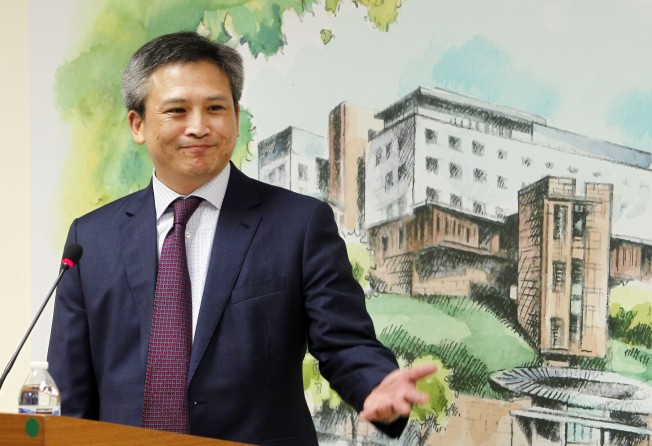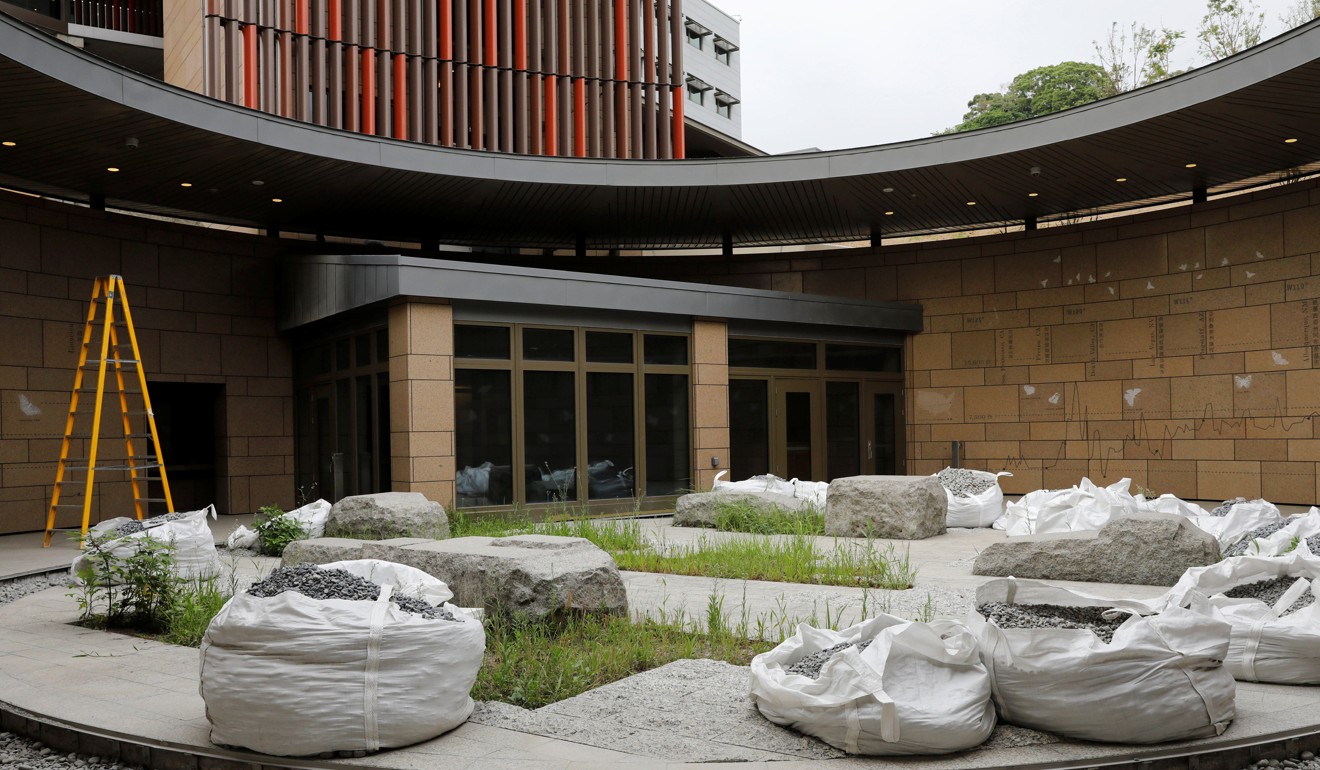No room for further uncertainty about the US stance on Taiwan
The US has been sending mixed signals about its Taiwan policy. But a decision not to send senior American officials to the opening of its new de facto embassy in Taipei is an example of the sensitivity on this issue needed to keep bilateral relations with China on track

Respect for the one-China principle is essential to constructive dialogue with Beijing. US President Donald Trump was reminded of that soon after he took office in the wake of comments that pointed to Taiwan being used as a bargaining chip in negotiations on trade.
This led to Beijing freezing top-level communications. It took a pledge from Trump to honour the policy to fully thaw them.
Amid efforts to head off a looming China-United States trade war and heightened tension across the Taiwan Strait, there is no room for further uncertainty over the American stance on what China sees as a core issue.
It is regrettable, therefore, that the US now appears to be sending mixed signals about its Taiwan policy.
Chinese and American sources have told the Post the US will not send a cabinet-level official to the opening of its new de facto embassy in Taipei on Tuesday, to avoid antagonising Beijing.
But any relief Beijing might have felt about this would have been tempered by two developments. One was the Pentagon’s decision to increase military support for Taiwan, with strong backing from lawmakers in the US Congress.
The other is a report that the US could send a warship through the Taiwan Strait, following Chinese sea and air exercises in the area that stepped up the pressure on Taiwan, whose leader Tsai Ing-wen refuses to endorse the one-China principle.

At a regional security summit in Singapore earlier this month, US Defence Secretary James Mattis described the stepped-up military support as the provision of “defence articles and services necessary to maintain the island’s sufficient self-defence”.
It was part of a hard line he took towards China, including continued criticism of Beijing’s activities in the South China Sea.
Why new US ‘embassy’ in Taiwan may further rock ties with China
But in a further example of mixed signals, Mattis – known as a relative moderate among hawks who dominate Trump’s inner circle – said he would visit Beijing soon at China’s invitation and continue to pursue a constructive bilateral relationship.
The mixed signals reflect a continuing struggle for influence among Trump’s advisers.
The hawks have had a significant victory this year with the passing of the Taiwan Travel Bill, which forges closer ties through face-to-face official contacts and has already led to visits by senior US lawmakers.
Beijing’s concerns about US trade negotiators coming under pressure to play the Taiwan card are therefore understandable.
A reported plan to consider arms sales to Taiwan on a case-by-case basis instead of packaging them for easier scrutiny is unlikely to be positive for Sino-US relations.
A decision not to send senior officials to the opening of the new de facto embassy would be an example of the sensitivity on this issue needed to keep bilateral relations on track. The same sentiment should exclude the Taiwan factor from trade negotiations.